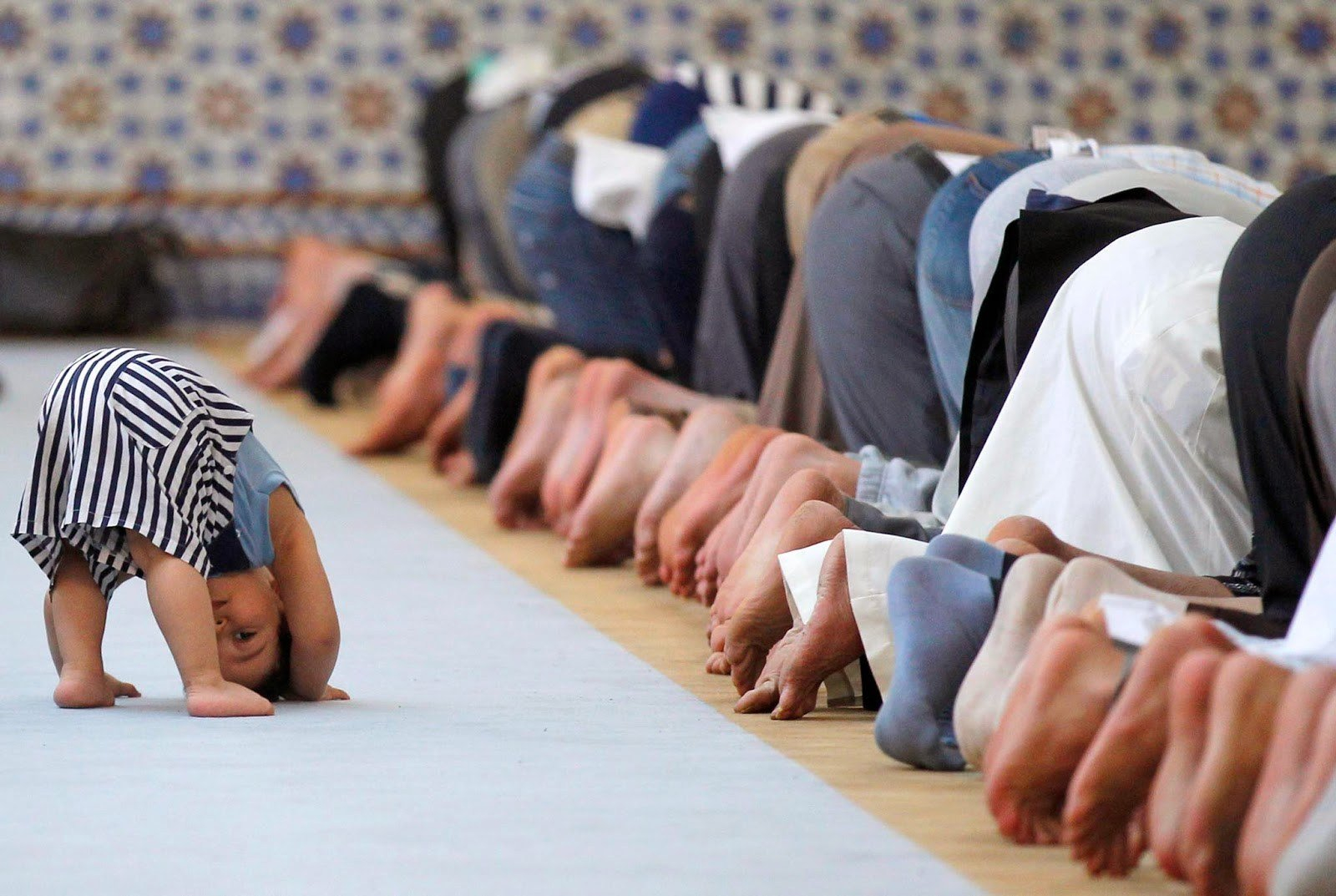7 Ways To Instill Love For Islam In Your Children's Hearts
Faith
|
Jul 19, 2018
|
4 MIN READ


Teaching our kids to love Islam is no small feat, but it doesn’t need to be impossible! There are simple, small steps you can take that can have a lasting impact on their relationship with their faith. Whether positive or negative, pay close attention to how you’re modeling your own observance of worship, because that is your most significant teaching you’re doing for them! Make every effort to approach all aspects of faith with enthusiasm and appreciation, and even when moments feel tough (such as praying Fajr or fasting in intense heat, for example) be honest and candid. For example, you can say, “Man, it might be a tough one today, but Allah knows our hearts! The reward will be worth it!” Here are some practical, family-bonding ideas for instilling a love for Islam in our children:
1.Pray together. Praying in jamaat is beloved by Allah (S). The more there are in the group, the better. Even if you pray one prayer together as a family, it’s something your kids will understand to be important that you all take seriously. Use it as quality family time and demarcate a special section in your home for family prayers for added significance.

2.Take them to the mosque. Teach your children about the value of coming to the masjid, how prayers are rewarded seventy times more if prayed there, and how to observe respect for the House of Allah. I will point out that many communities may have mosques that are gender restricted and not super friendly to women and children coming to the mosque. It’s a sad reality, but one that we must actively work on dismantling and challenging. If such mosques are the only option in your neighborhood, see if there is a local Muslim Student Association active in a college near you and find out if they have Friday prayers or some other activity that may be open to you and your family.
3. Organize Quran and Islamic story circles. Join your local Muslim Mommy and Me to teach your kids the basics of Islam, such as Arabic letters, Islamic songs, and learning about the Seerah of the Prophet (S) and his companions. If there isn’t an existing group, make one with some friends! Start a Facebook or Whatsapp group to garner availability and iron out logistics for meeting times, places, and rotating who leads the activity each week.
A post shared by Amnah Ibrahim (@littlelifeofmine) on Jun 26, 2018 at 1:25pm PDT
4. Organize an Eid party. Get your kids excited and pumped for Eid festivities by hosting a party or potluck. You can have a henna station, puppet shows, face painting, and arts and crafts. Explain the significance of celebrating Eid-ul-Fitr after a month of fasting in Ramadan and Eid-ul-Adha to commemorate Prophet Ibrahim’s obedience and sacrifice to Allah (S).
5. Cook Iftar in Ramadan together. Even if your children are too young to fast, include them in meal prep to get them excited about fasting when they’re older. Talk about how you wake up for Suhoor and wait until sunset to eat Iftar, and how special it will be because they’re helping to make it. Talk about the rewards of feeding fasters and how they get to benefit from receiving such rewards, as well.
6. After Maghrib, go over a Qur’an verse or Hadith together. My dad did this with my sisters and me growing up. It almost felt like storytime and was long enough to keep us interested and short enough to sustain our attention. My dad pulled out any book he was currently reading and went over a simple topic such as the virtues of being kind or Prophet Musa’s bravery in standing up to the Pharaoh. These lessons have stayed with me into adulthood and are solid memories I’ve cherished of learning about Islam from my father.

7. Encourage your kids to give charity from their own money. We’ve all delighted in the five dollars we earned from our lemonade and garage sales growing up. I remembering saving up all my Eidi and hard-earned allowances for a Barbie dollhouse or board game. My mom never missed a beat in reminding me that a portion of that money should go to a person or cause who was more in need of it than I was. She emphasized how important charity is in Islam, and how much it pleased Allah. Learning to part from my precious savings, no matter how meager they were, taught me patience and gratitude and how to make room for others. I’m excited to pass this onto my son as well, and encourage all parents to do the same, too!
Loving Islam is a mentality we put into practice every day, and is reflected in our attitudes and actions constantly. As I mentioned above, we are our kids’ most important teachers, so “teaching” them to love Islam means being cognizant of the messages -- both subliminal and outwardly -- we send them. Even if our efforts are small, keep them consistent. Show, rather than tell, how much Islam means to you and how it improves your lives and the capacity to give back to society. Our future hinges on raising empathetic, compassionate, and grounded children who will lead our world into a better future. It starts today with the lessons we teach to help them thrive and grow!
Love this post? Don't be selfish! Share it on social media!
How do you instill the love of Islam in your home? Share in the comments below!
Subscribe to be the first to know about new product releases, styling ideas and more.
What products are you interested in?

